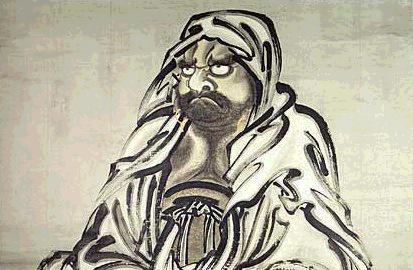Some people believe Buddhism opposes all forms of material enjoyment, enforces complete control over desire, and promotes ascetic practice. Actually, this is a misunderstanding. The Buddha said followers have the right to enjoy, not reject, what they are entitled to — wealth which is properly acquired or blessings accumulated during a past life from virtuous activity. The Buddha did not deny, to a certain extent, material goods can bring happiness. However, he made it clear not all happiness comes from material goods. He also said the happiness derived from material things is very short-lived and unreliable.
Depicted from Luminous Wisdom Book Series : The Paper Tiger ~ The Tibetan Buddhist View on Happiness











